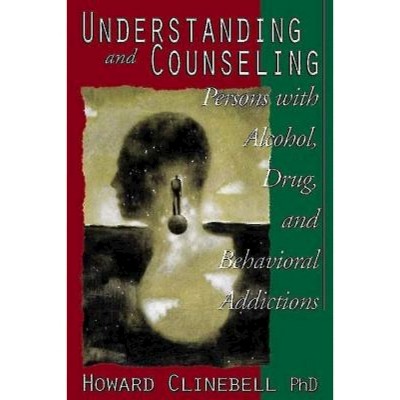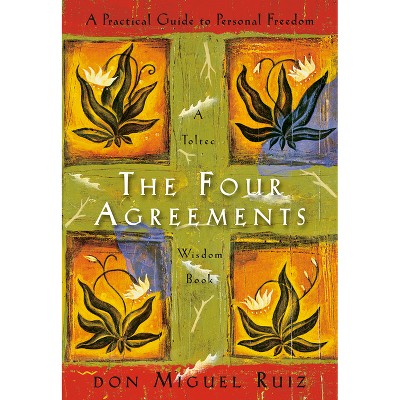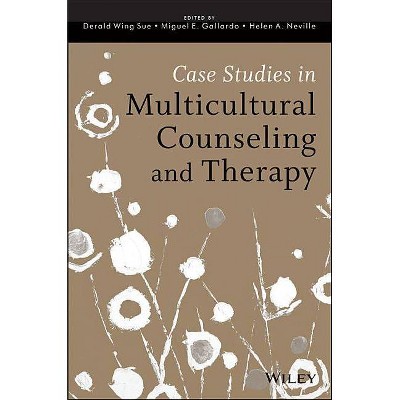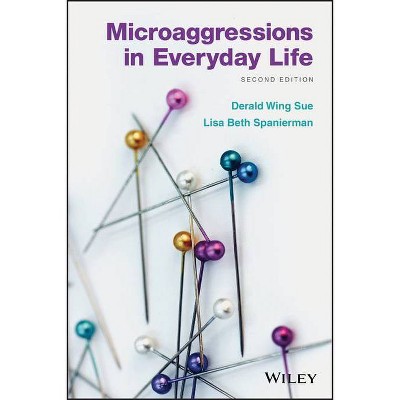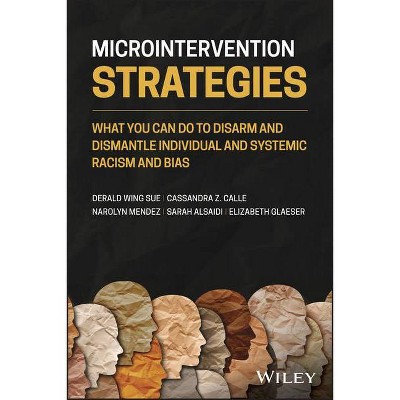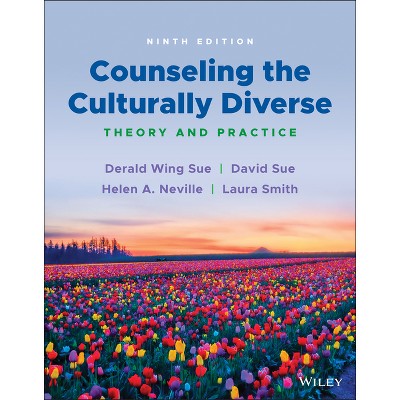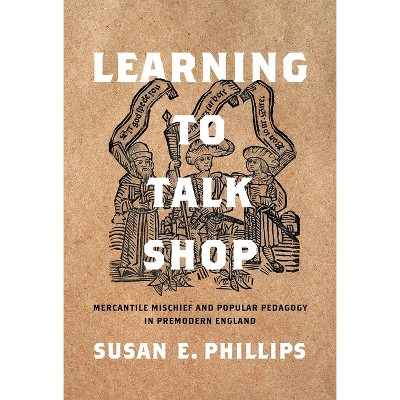Sponsored

Race Talk and the Conspiracy of Silence - by Derald Wing Sue (Paperback)
In Stock
Sponsored
About this item
Highlights
- Learn to talk about race openly, honestly, and productively Most people avoid discussion of race-related topics because of the strong emotions and feelings of discomfort that inevitably accompany such conversations.
- About the Author: Derald Wing Sue, PhD, is Professor of Psychology and Education at Teachers College, Columbia University.
- 304 Pages
- Psychology, Social Psychology
Description
Book Synopsis
Learn to talk about race openly, honestly, and productivelyMost people avoid discussion of race-related topics because of the strong emotions and feelings of discomfort that inevitably accompany such conversations. Rather than endure the conflict of racial realities, many people choose instead to avoid the topic altogether, or remain silent when it is raised. Race Talk and the Conspiracy of Silence: Understanding and Facilitating Difficult Dialogues on Race puts an end to that dynamic by sharing strategies for smoothing conversations about race in a productive manner.
A guide for facilitating and participating in difficult dialogues about race, author Derald Wing Sue - an internationally recognized expert on multiculturalism, diversity, and microaggressions - explores the characteristics, dynamics, and meaning behind discussions about race as well as the hidden "ground rules" that inhibit honest and productive dialogue. Through emotional and visceral examples, this book explains why conversations revolving around racial issues are so difficult, and provides guidelines, techniques, and advice for navigating and leading honest and forthright discussions. Readers will develop a stronger ability to build rapport with people unlike themselves, and discover how not talking about race impacts society as a whole.
- Overcome and make visible the fears associated with race talk
- Learn practical ideas for talking openly about race
- Facilitate and navigate discussion with expert strategy
- Examine the hidden rules that govern race talk
- Understand the benefits of successful conversations
Discussions about race do not have to result in disastrous consequences, and can in fact be highly beneficial to all parties involved. It's important that people have the ability to converse openly and honestly with their students, colleagues, children, and neighbors, and Race Talk provides the path for achieving this goal.
From the Back Cover
Turn Uncomfortable Conversations into Meaningful Dialogue
If you believe that talking about race is impolite, or that "colorblindness" is the preferred approach, you must read this book. Race Talk and the Conspiracy of Silence debunks the most pervasive myths using evidence, easy-to-understand examples, and practical tools.
This significant work answers all your questions about discussing race by covering:
- Characteristics of typical, unproductive conversations on race
- Tacit and explicit social rules related to talking about racial issues
- Race-specific difficulties and misconceptions regarding race talk
- Concrete advice for educators and parents on approaching race in a new way
"His insistence on the need to press through resistance to have difficult conversations about race is a helpful corrective for a society that prefers to remain silent about these issues."
--Christopher Wells, Vice President for Student Life at DePauw University
"In a Canadian context, the work of Dr. Derald Wing Sue in Race Talk: and the Conspiracy of Silence is the type of material needed to engage a populace that is often described as 'Too Polite.' The accessible material lets individuals engage in difficult conversations about race and racism in ways that make the uncomfortable topics less threatening, resulting in a true 'dialogue' rather than a debate."
--Darrell Bowden, M Ed. Education and Awareness Coordinator, Ryerson University
"He offers those of us who work in the Diversity and Inclusion space practical tools for generating productive dialogues that transcend the limiting constraints of assumptions about race and identity."
--Rania Sanford, Ed.D. Associate Chancellor for Strategic Affairs and Diversity, Stanford University
"Sue's book is a must-read for any parent, teacher, professor, practioner, trainer, and facilitator who seeks to learn, understand, and advance difficult dialogues about issues of race in classrooms, workplaces, and boardrooms. It is a book of empowerment for activists, allies, or advocates who want to be instruments of change and to help move America from silence and inaction to discussion, engagement, and action on issues of difference and diversity. Integrating real life examples of difficult dialogues that incorporate the range of human emotions, Sue provides a masterful illustration of the complexities of dialogues about race in America. More importantly, he provides a toolkit for those who seek to undertake the courageous journey of understanding and facilitating difficult conversations about race."
--Menah Pratt-Clarke, JD, PhD, Associate Provost for Diversity, University of Illinois Urbana-Champaign
Review Quotes
In the current sociopolitical climate, "Race Talk" offers pragmatic applications supported by race pedagogy. Written for a readership beyond diversity & inclusion practitioners and workshop facilitators, it contains actionable advice for parents, educators and leaders who are working to nurture space for open, honest and healing dialogue about the ravages of interpersonal and institutional racism.
Sue's book not only provides concrete tools and approaches with which to approach conversations in an authentic way, but also addresses issues that are key to advancing racial equity in health care. The book answers my own critical questions in advancing this work: How can we develop greater comfort and humility around discussing racial topics? How do we integrate the important conversation on racial power and privilege? How may we influence our organizations to pursue a values-driven approach toward eliminating disparities and advancing racial equity?
Sue's approach to brokering the conversation about the difficulty of racial dialogues is rooted in decades of research he has carried out on racial, gender and sexual orientation microaggressions and their impacts on those communities. Serving as a professor of Psychology and Education in the Department of Counseling and Clinical Psychology in Columbia University's Teachers College, Sue's scholarship is among the most cited in the fields of multicultural psychology and counseling. He has collected extensive counter-narratives of Asian, Latinx, African American and Native Americans and their everyday experiences with race and the excruciating reality of race talk for people of color.
--Maileen D. Hamto, Midwest Book Review
About the Author
Derald Wing Sue, PhD, is Professor of Psychology and Education at Teachers College, Columbia University. He was Co-Founder and first President of the Asian American Psychological Association, and past President of the Society for the Psychological Study of Ethnic Minority Issues and the Society of Counseling Psychology. Dr Sue serves on the Council of Elders for Cultural Diversity and Ethnic Minority Psychology. His current research explores the manifestation, dynamics, and impact of racial, gender, and sexual orientation microaggressions. He currently applies this research to strategies for facilitating difficult dialogs on race in the classroom and public forums and conducts training sessions across the U.S. and Canada to help institutions improve relations among community members.
Shipping details
Return details
Trending Non-Fiction







